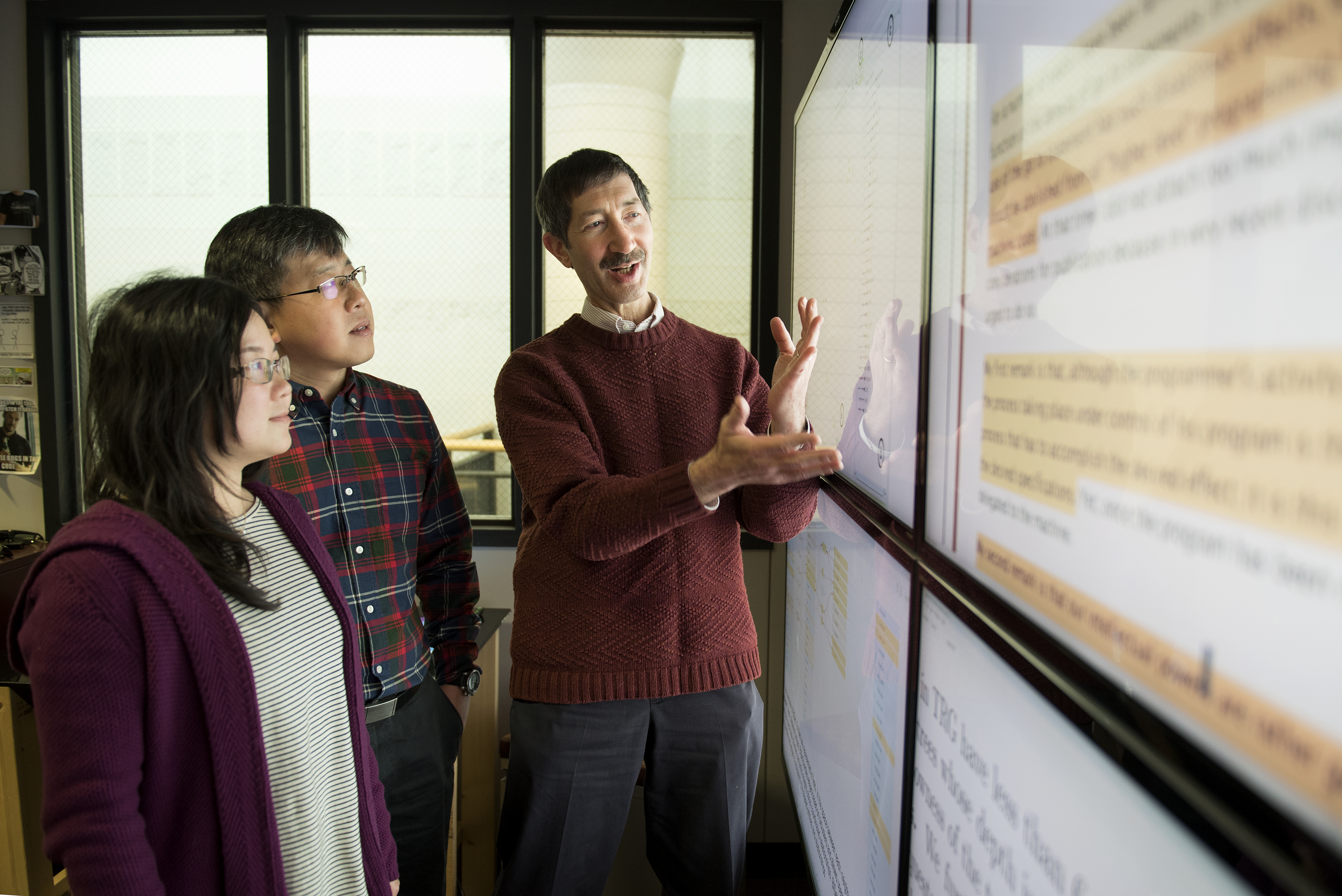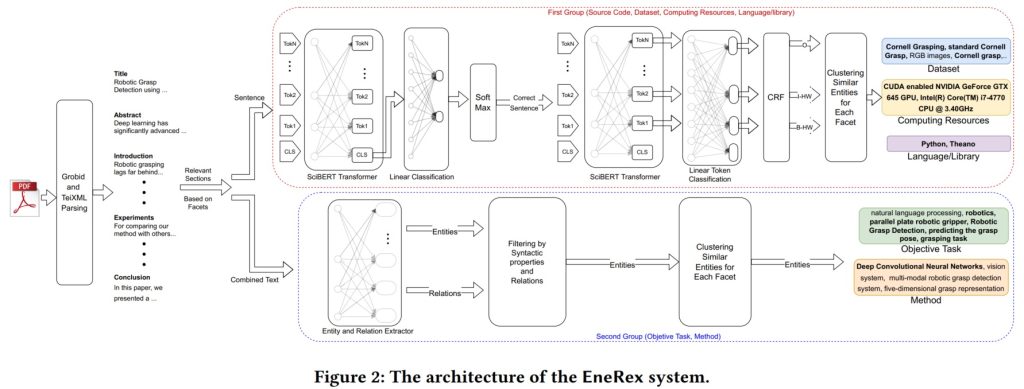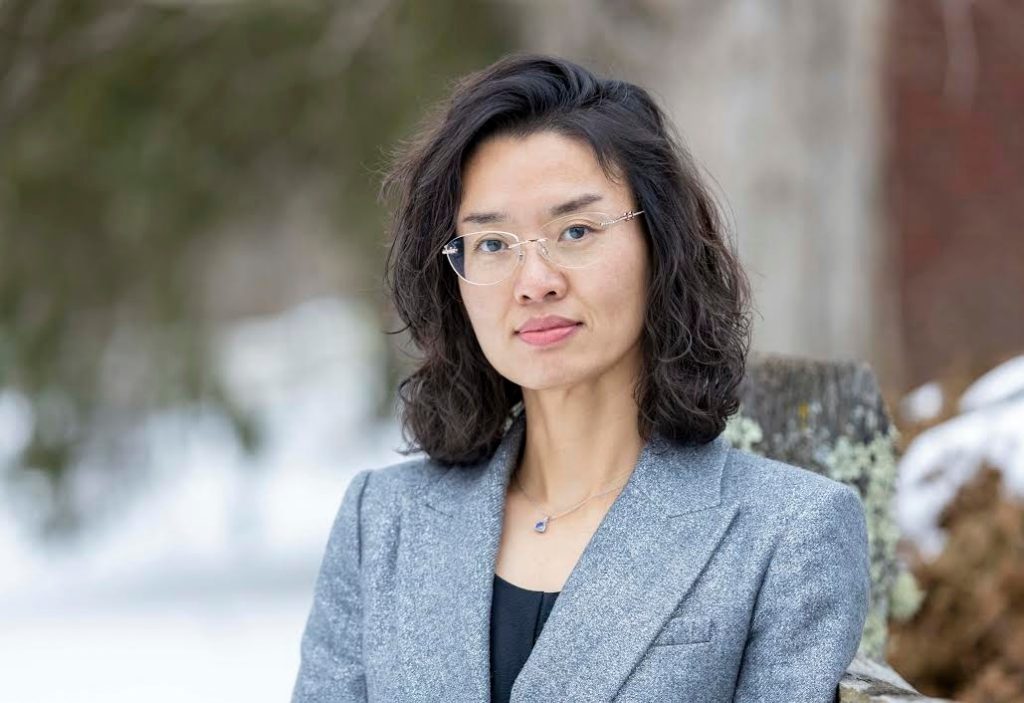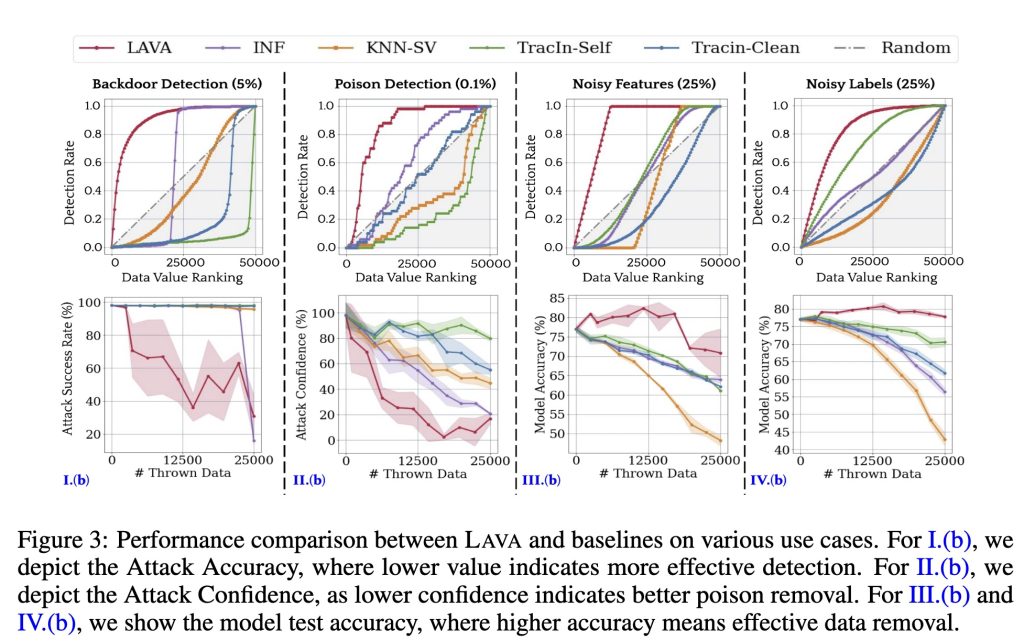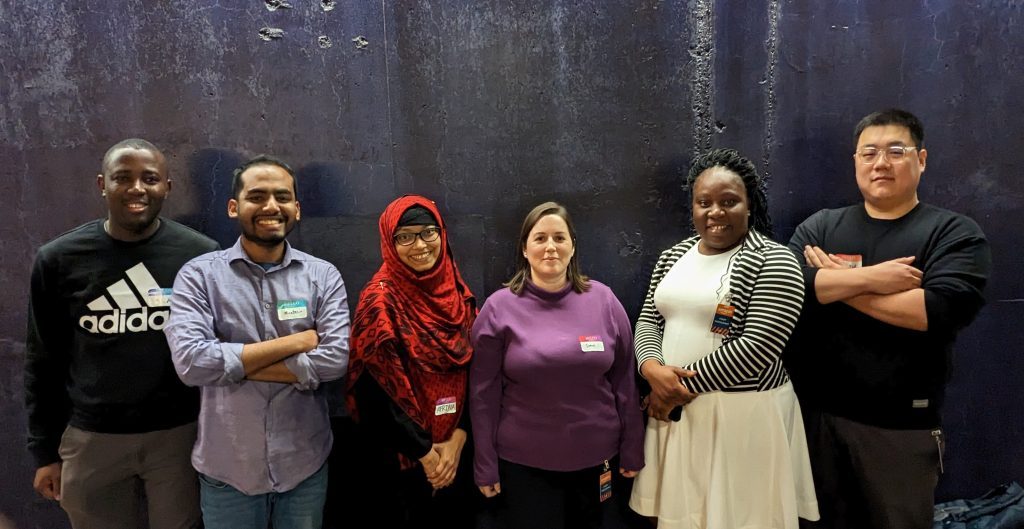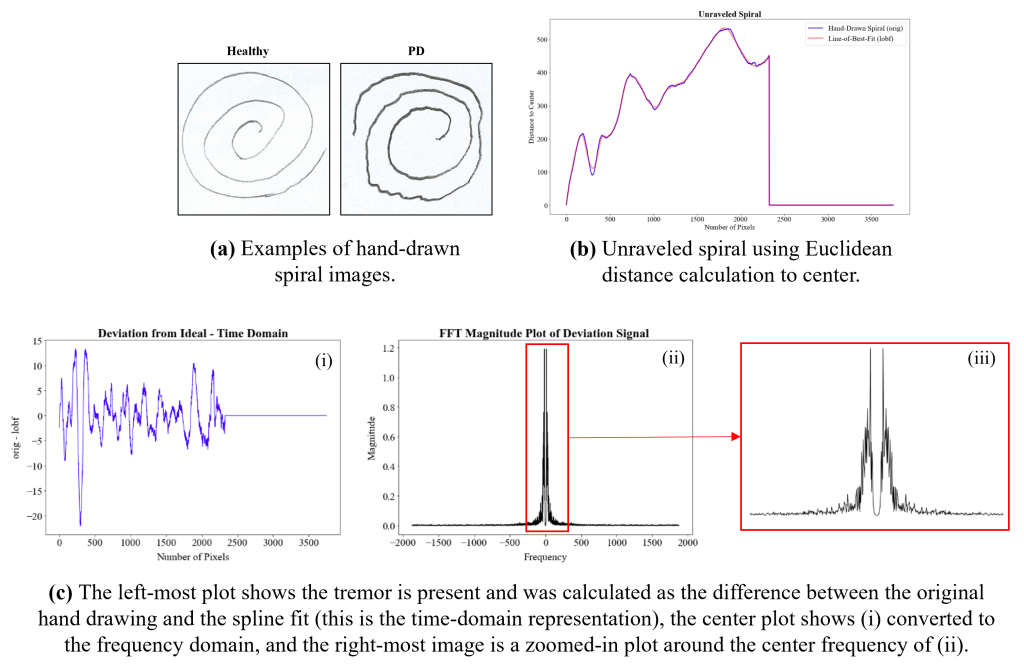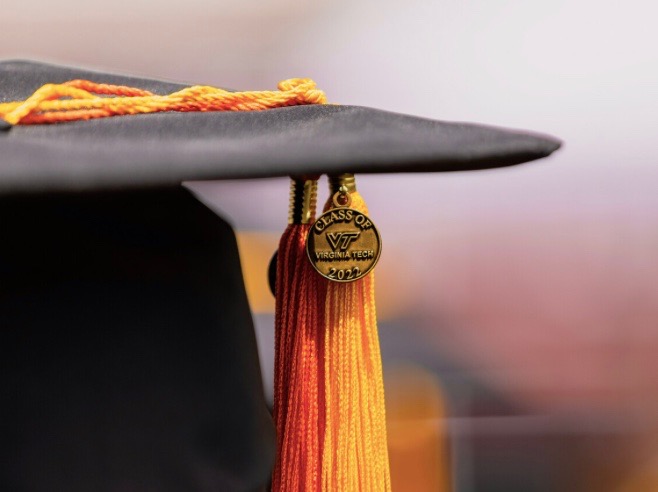Lenwood Heath collaborating on plant genome research project funded by National Science Foundation grant
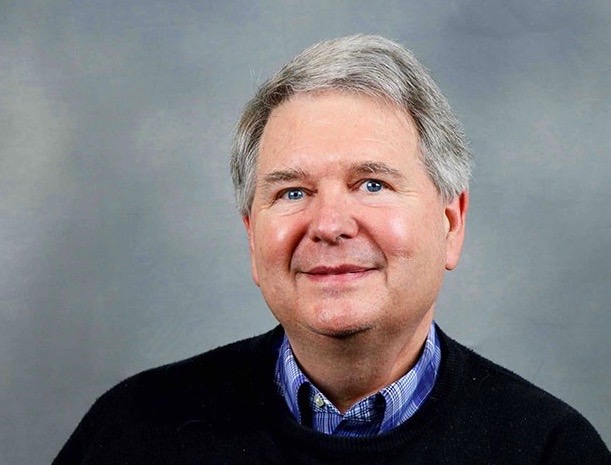
Lenwood Heath, a professor in the Department of Computer Science and core faculty at the Sanghani Center, is part of a team that recently received a National Science Foundation (NSF) grant for its plant genome research project, “Unraveling the origin of vegetative desiccation tolerance in vascular plants collaborators.” Heath is collaborating with colleagues from Texas Tech University and the University of Nevada, Reno on the study.
Excessive water loss is lethal for most plants, but a minority of plants (known as resurrection plants) have a remarkable ability to survive almost complete dryness, said Heath. This ability, known as desiccation tolerance, relies upon a combination of physiological, biochemical, and molecular responses that allow the plant to preserve cell integrity in the dry state.
“In the context of climate change,” Heath said, “we feel it is important to understand how plants respond to drying out and especially important to develop the science that will allow crops to better tolerate drought.”
“It is believed that this resurrection capability depends on genes that are in all plants but lost by most over evolutionary times,” Heath said. “The aim of our project is to discover the essential differences in genetic responses between resurrection plants and drought-sensitive plants so that crops can be re-engineered to be more drought tolerant.”
In addition to sophisticated biological experiments to measure gene response in the two kinds of plants, the project will employ machine learning techniques, led by Heath, to construct gene regulatory networks (GRNs) for comparative study.
The grant will provide learning and professional opportunities to graduate students and postdocs at the three universities. Jingyi Zhang, a Ph.D. computer science student advised by Heath, will work with him on the project.
Long-term goals for the project include promoting conservation programs for resurrection species; providing diverse scientific workforce training and outreach activities to first-generation students and the general public; and increasing public awareness about the importance of vegetative desiccation tolerance to future crop breeding in order to tackle the effects of climate change.
